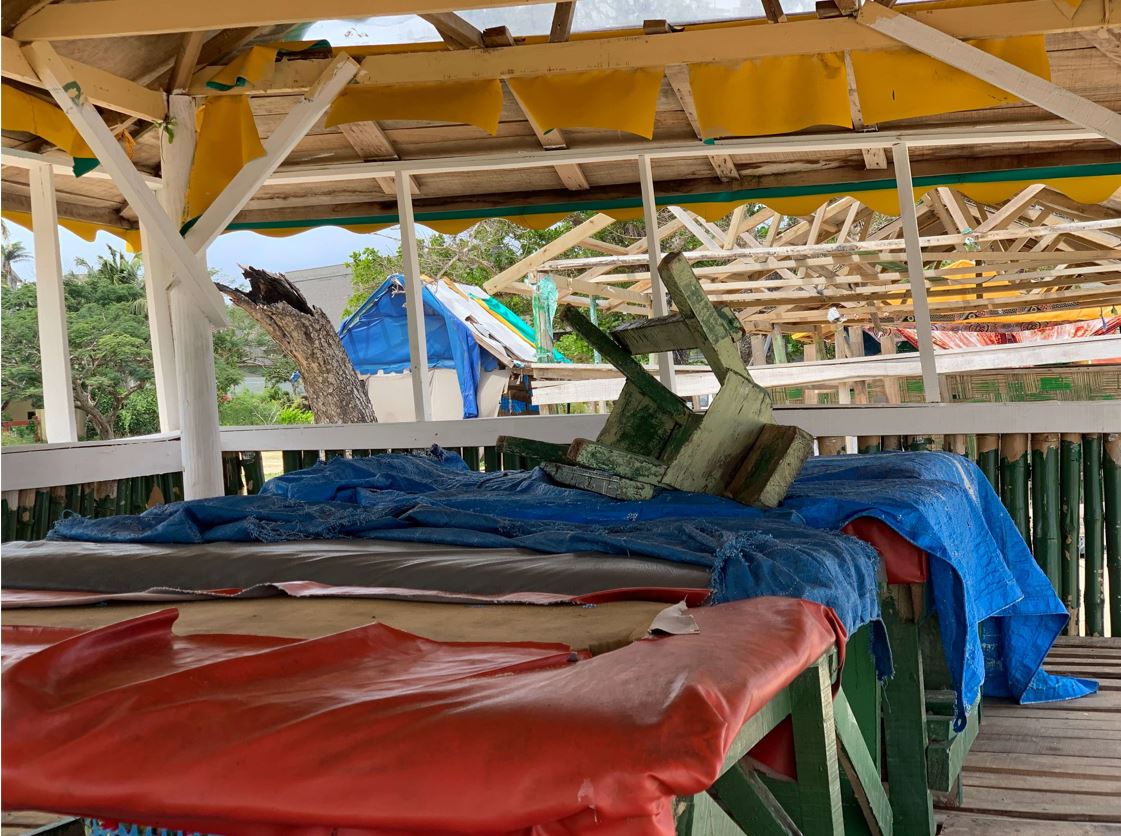COVID-related restrictions and a relatively large fiscal deficit has prompted S&P Global to lower its rating of the Fiji economy from BB-minus to B+, although it expects the Fiji economy to recover next year.
‘Travel restrictions associated with the COVID-19 pandemic are proving more protracted than we previously expected and weigh heavily on Fiji’s tourism-dependent economy,’ according to rating agency S&P’s latest report.
The abrupt freeze in international travel since the onset of the COVID-19 pandemic in early 2020 has hit Fiji’s tourism-dependent economy hard, but S&P expects an economic recovery in 2022, although it will be several years before the economy returns pre-pandemic levels.
“The virtual standstill in visitor arrivals is driving a severe recession across 2020 and 2021.
“We expect Fiji’s real GDP to contract by another four per cent in 2021 before rebounding in future years.
“A severe 16 per cent downturn in 2020 ended a decade-long run during which real GDP growth averaged more than three per cent per year. We estimate that GDP per capita in 2021 has dipped to about US$5,200.”
S&P expects tax revenues to remain subdued this financial year, resulting in a relatively large fiscal deficit and growing government debt burden. “We forecast Fiji’s fiscal deficit to stay elevated at about 11 per cent of GDP in fiscal year 2022.”
But as vaccination rates rise and international travel resumes, S&P expects the combination of renewed GDP growth and higher tourism earnings will lead to smaller deficits, and for public debt to stabilise.
The government plans to reopen its borders from November 2021, and S&P expects a gradual return of visitors over 2022.
It warns however its ratings could fall if the pandemic and related travel restrictions are significantly prolonged, but equally it could raise its ratings if economic growth and tourism receipts recover faster than currently projected.
Natural disasters
S&P also points out the possibility of natural disasters affecting recovery.
“The economic challenges of the past year were compounded by Tropical Cyclone Yasa, which made landfall in December 2020 and caused roughly FJ$500 million in losses.”
